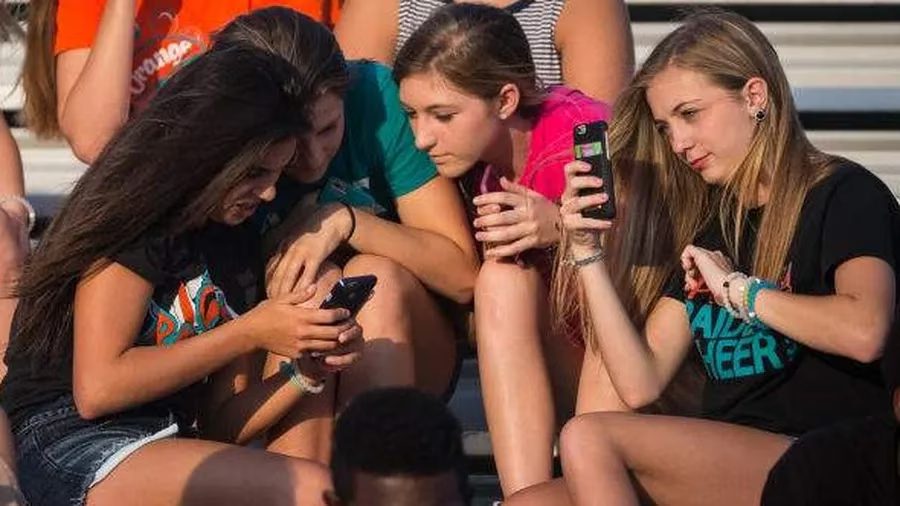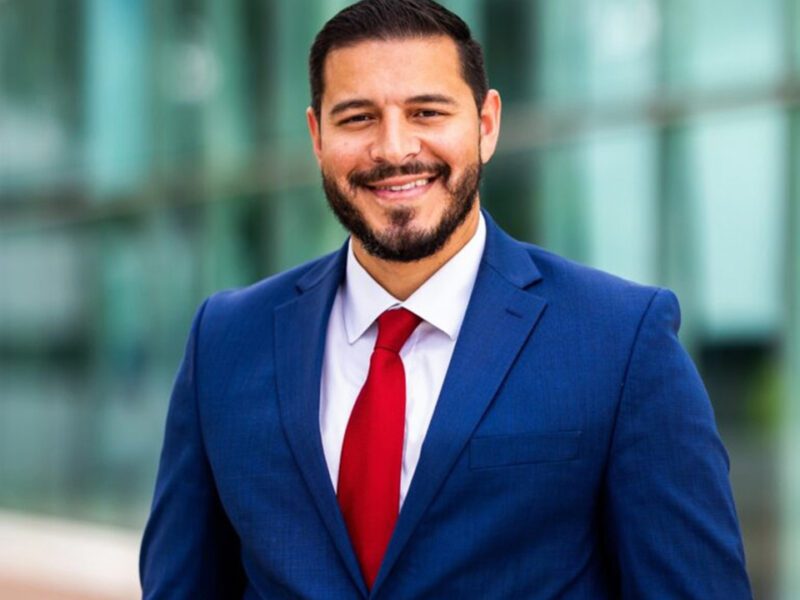
Pasco schools to consider scaling back student cell phone use
Tampa Bay Times | By Jeffrey S. Solochek | March 1, 2023
Pasco County students could soon face new restrictions on how they use their cell phones at school.
Facing a rising level of concern that phones are distracting from classroom lessons and enabling poor behavior, school board members said they want to discuss whether the district’s policies are too permissive.
This week, Republican superintendent candidate John Legg called on the board to hold a workshop to discuss curtailing students’ phone access in elementary and middle schools. He suggested a return to the days when students were required to keep their phones off and out of sight, except for emergencies or with special permission from a teacher or administrator.
The district had such a rule until about 2014, when it allowed students to use their phones during passing periods, lunch, and before and after classes.
Legg also called for the district to block access to social media through district-issued devices. The district has some firewalls in place, but does not block all such sites.
“Times change,” said Legg, co-founder of Dayspring Academy charter school, which recently adopted a more restrictive phone policy. “We need to find a way to help our students focus on academics.”
School board members said they already were headed in this direction.
“It’s extremely important,” board chairperson Megan Harding said, adding she spoke with Superintendent Kurt Browning before Legg’s email. The two discussed “cell phone usage and students’ mental health,” she said.
A growing body of research points to connections between rising levels of children’s depression and other mental health concerns, and their use of phones and social media. Officials said they have seen students use phones to post threats against schools during the day, and take photos of others without permission, among other disruptive uses.
Harding noted that when she was teaching third grade before her 2018 election, her students’ cell phones would go off throughout the day, interrupting lessons.
Board member Colleen Beaudoin said she recently has received calls from a few parents and school administrators with similar concerns. During discussions about the student code of conduct, Beaudoin asked about limiting students wearing of hooded sweatshirts because the hoods can obscure whether they have headphones in their ears, detaching them from class and classmates.
“I want to hear from more teachers and administrators and parents,” she said. “If it’s causing a disruption in the learning, then we need to tighten up more.”
District spokesperson Steve Hegarty said his office is preparing to launch a “thought exchange” to ask all parties, including students, for suggestions relating to cell phone and social media use in schools.
Board vice chairperson Alison Crumbley said it’s a needed discussion. She said she’s been reading the studies on the effects of phones and social media on youngsters for several years, and suggested that reliance on distance learning and communication during the pandemic heightened attention on the issues.
“People are not interacting,” Crumbley said. “At a young age, it’s even more important because the brain is developing.”
She and others acknowledged that the subject is complicated, and change might not come easily. Many parents depend on phones to communicate with their children, for instance, and several teachers incorporate them into lessons.
“I don’t think it’s bad to have a cell phone, and we can’t completely ban a cell phone,” Harding said, calling the decision to give a child a phone a parental choice. At the same time, she added, the evidence is growing that they can have negative impacts.
“This conversation needs to happen,” Harding said.
Beaudoin said she has referred the issue to the district’s student code of conduct committee, which makes annual recommendations for amendments to the rules. Legg said he hoped the district would not wait too long.
“Now is the time to develop something, so they can put it into effect for next year,” Legg said.





